
International Network

1
ASEAN Senior Officials' Meetings (SOM)/Meeting Of Governors/Mayors Of ASEAN Capital (MGM)

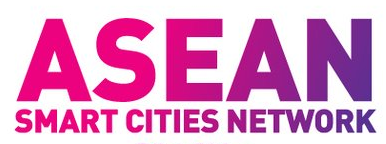
2
ASEAN Smart Cities Network (ASCN)

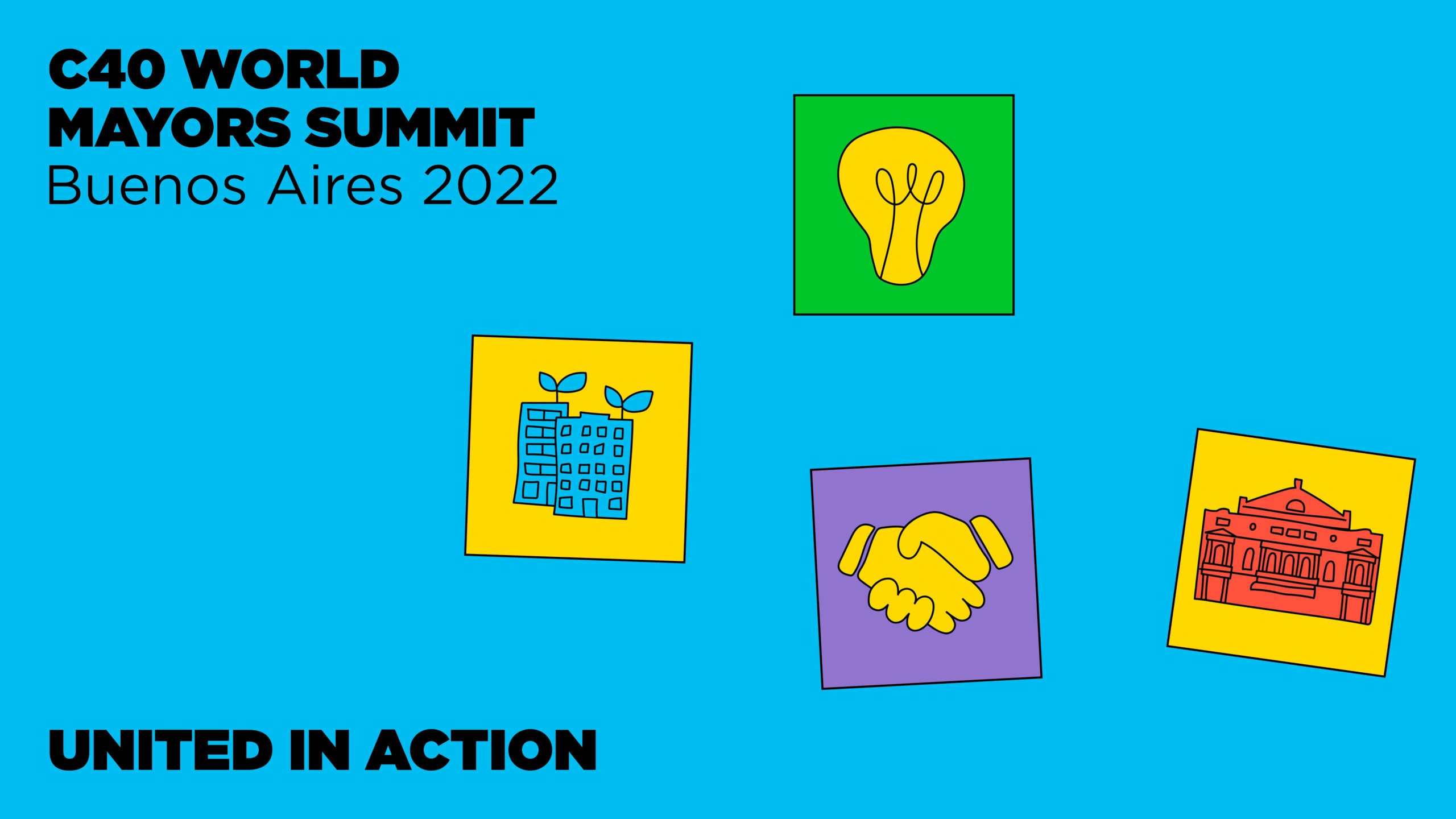
3
C40 Cities Climate Leadership Group (C40)


4
CityNet

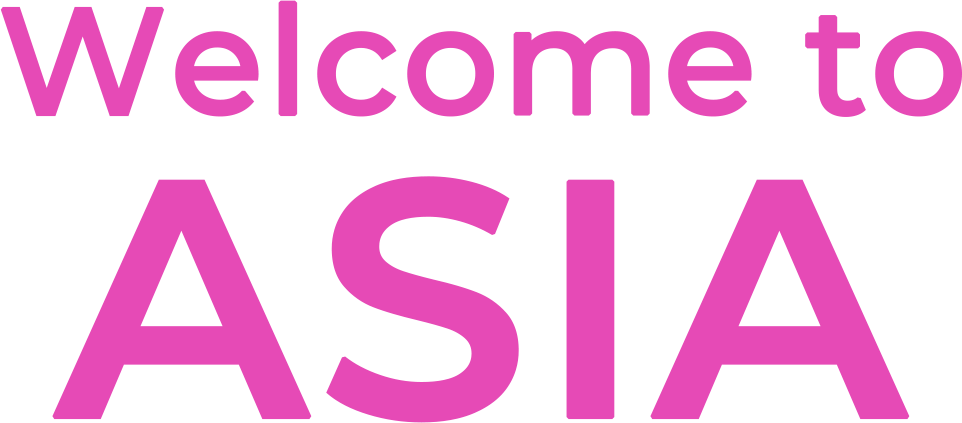
5
Council Promotion of Tourism in Asia (CPTA)

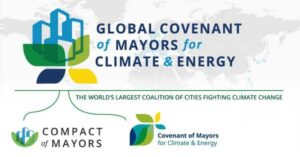
6
Global Covenant of Mayors for Climate and Energy (GCoM)


7
Metropolis

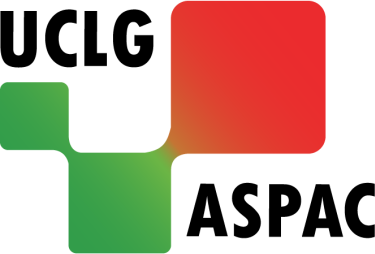
8
UCLG ASPAC

Twin Cities
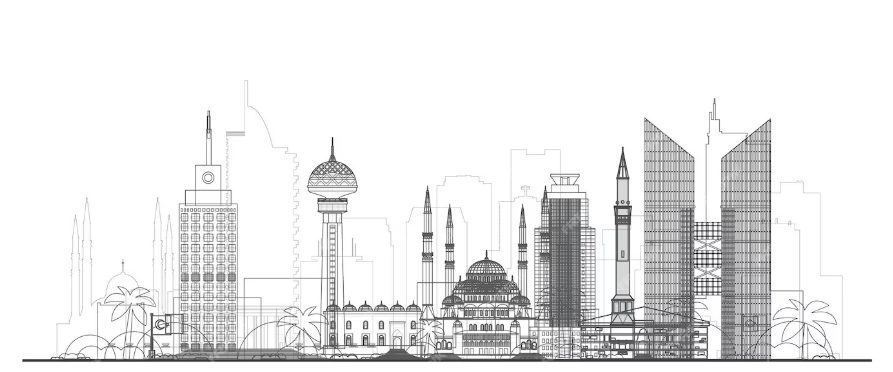
1
Ankara, Turki


2
Casablanca, Morocco


3
Chennai, India

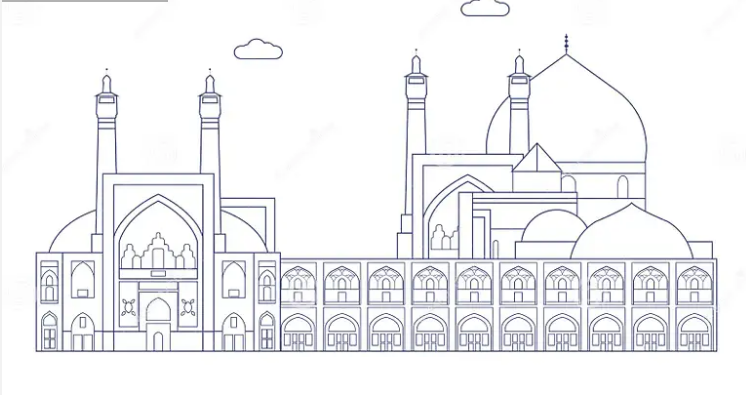
4
Esfahan, Iran

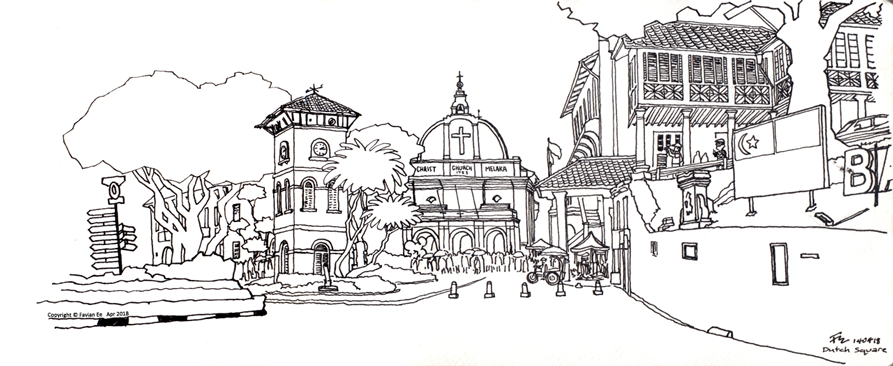
5
Melaka, Malaysia

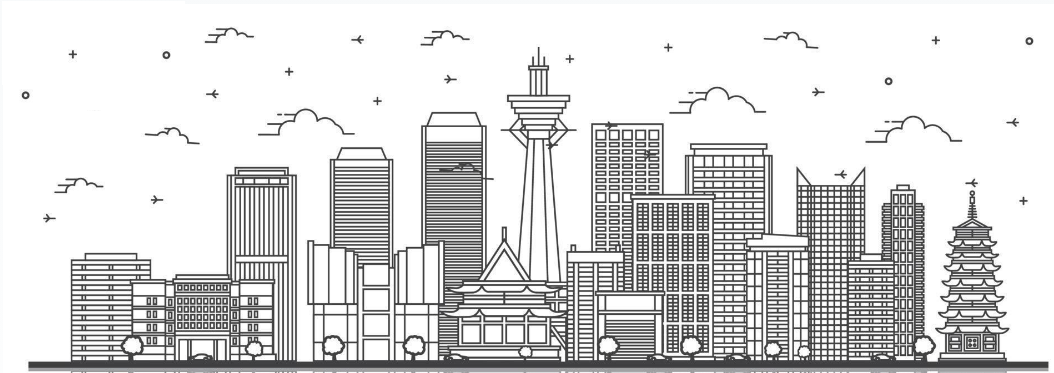
6
Osaka, Jepun



Kuala Lumpur City Hall
Menara DBKL 1, Jalan Raja Laut 50350 Kuala Lumpur, Malaysia
03 2617 9000
03 2698 0460
dbkl@dbkl.gov.my
Today:
0
Total:
0
Latest Update:
26/02/2026
Best user experienced are using Mozilla Firefox, Google Chrome, Internet Explorer 11 or later.
All Rights Reserved. © 2023 - Kuala Lumpur City Hall (DBKL)
